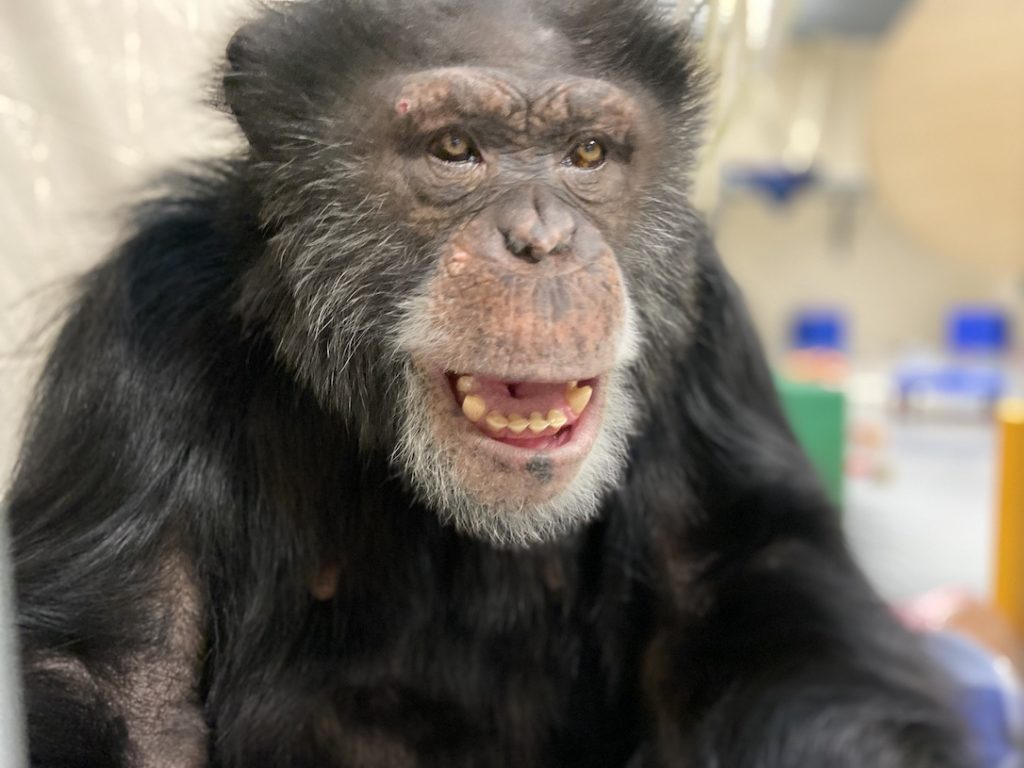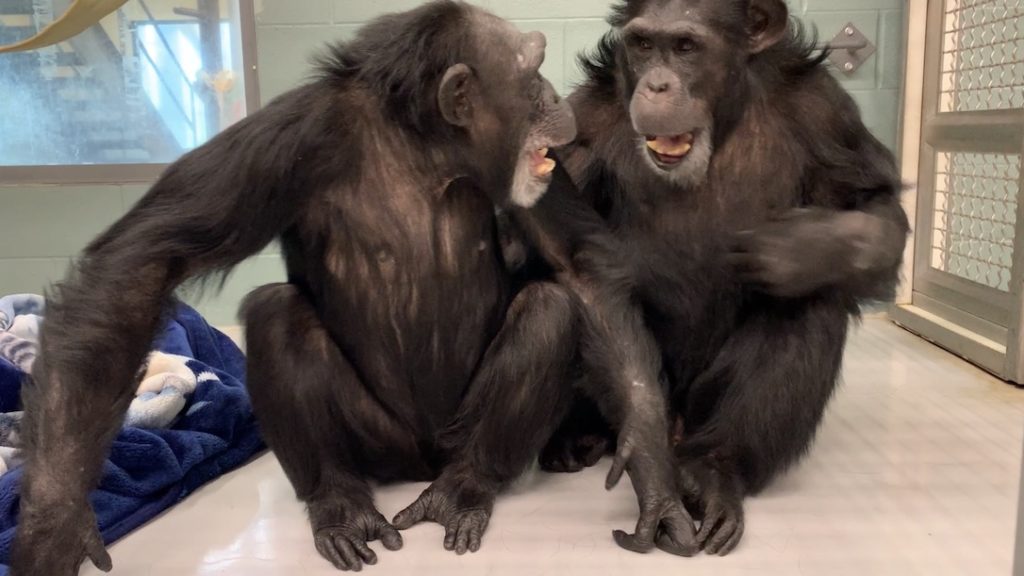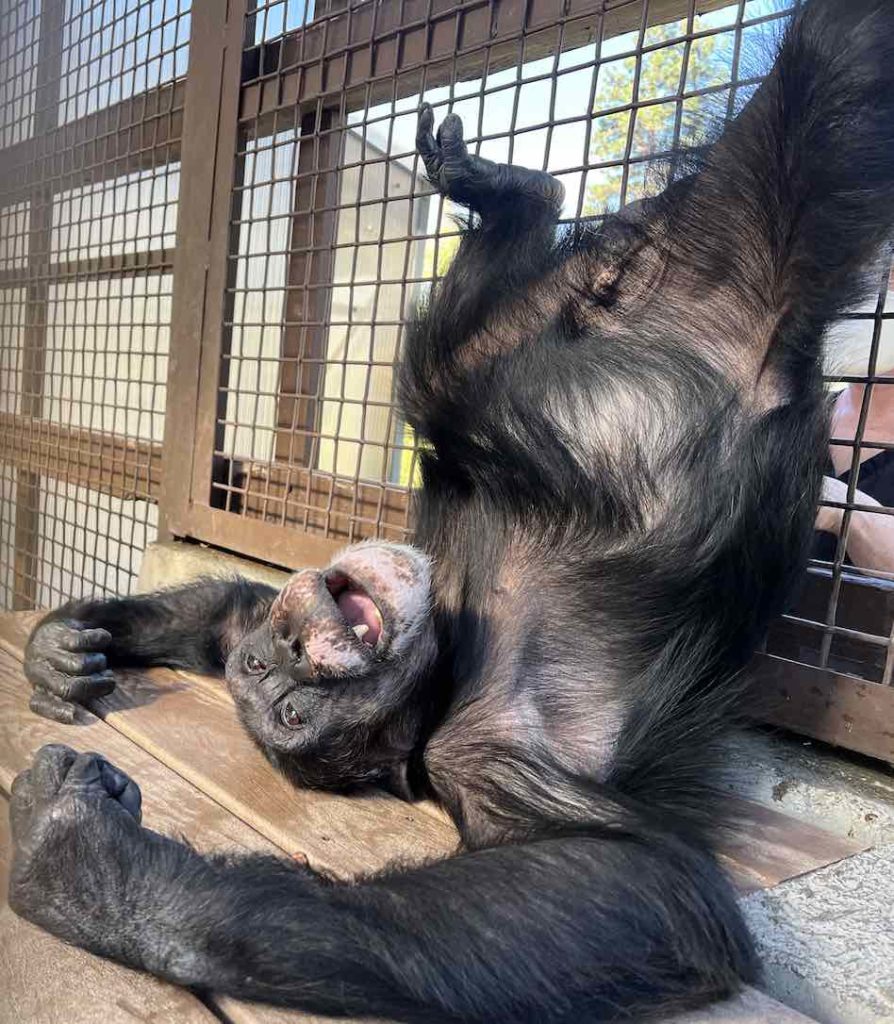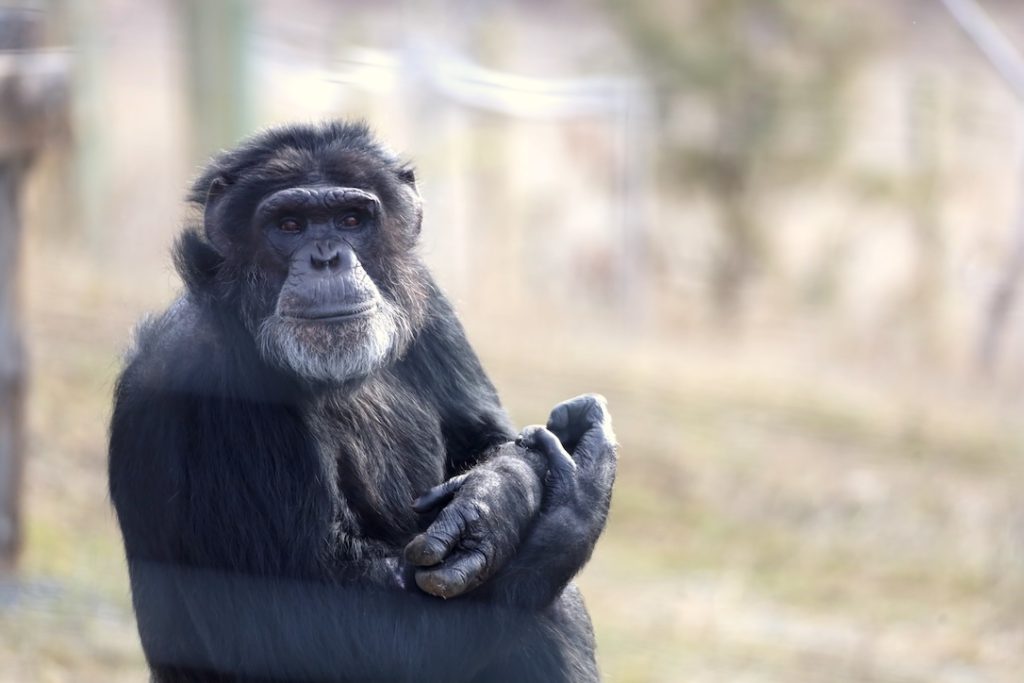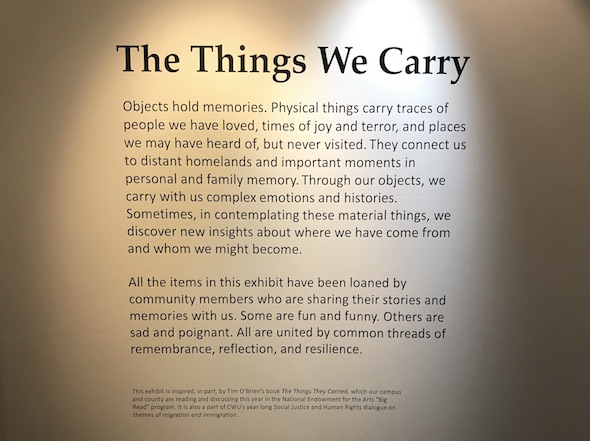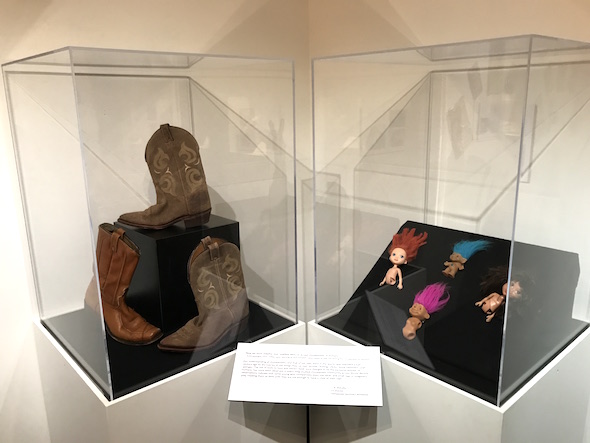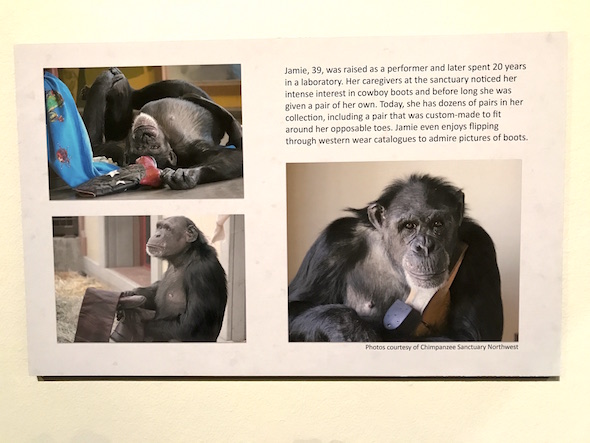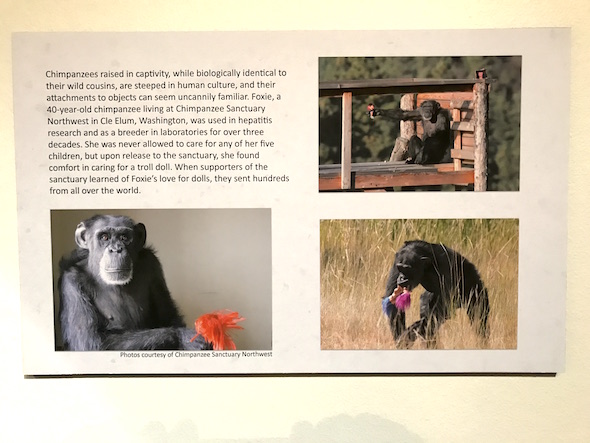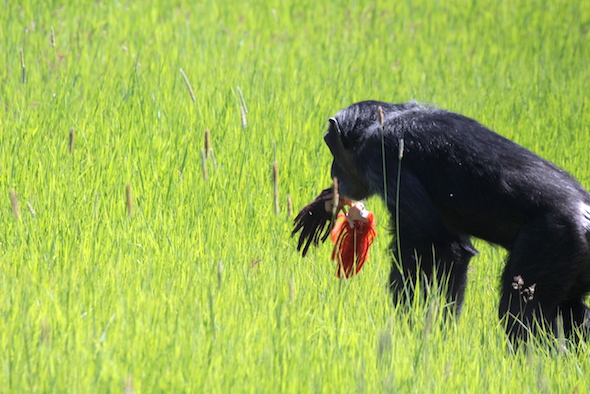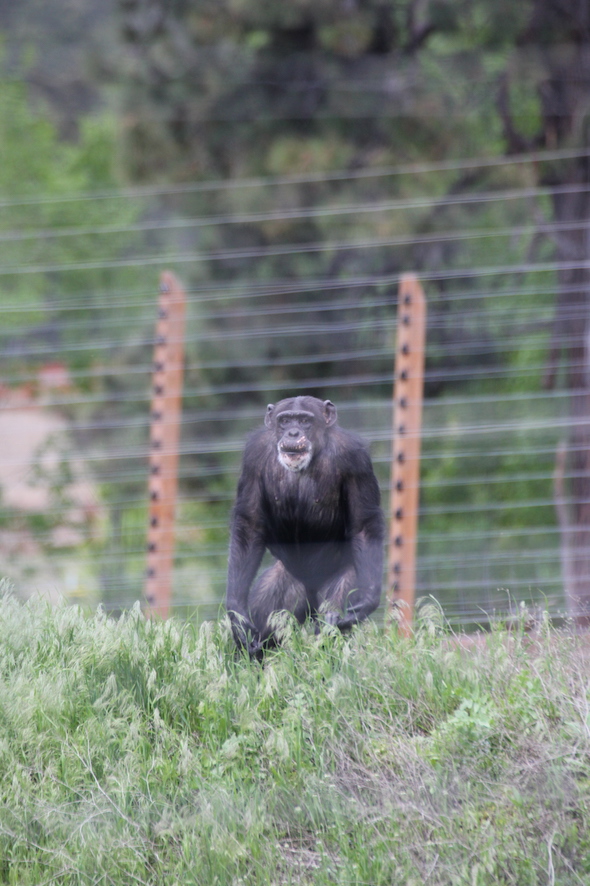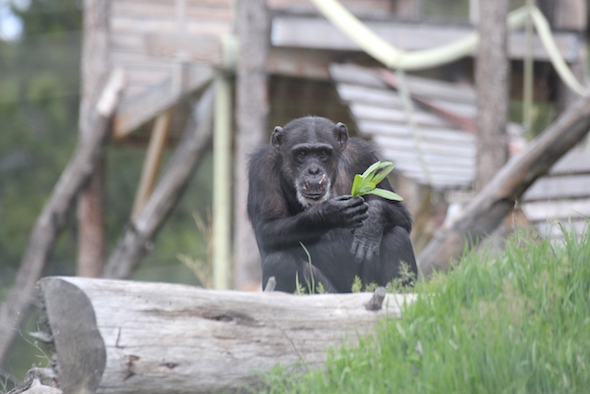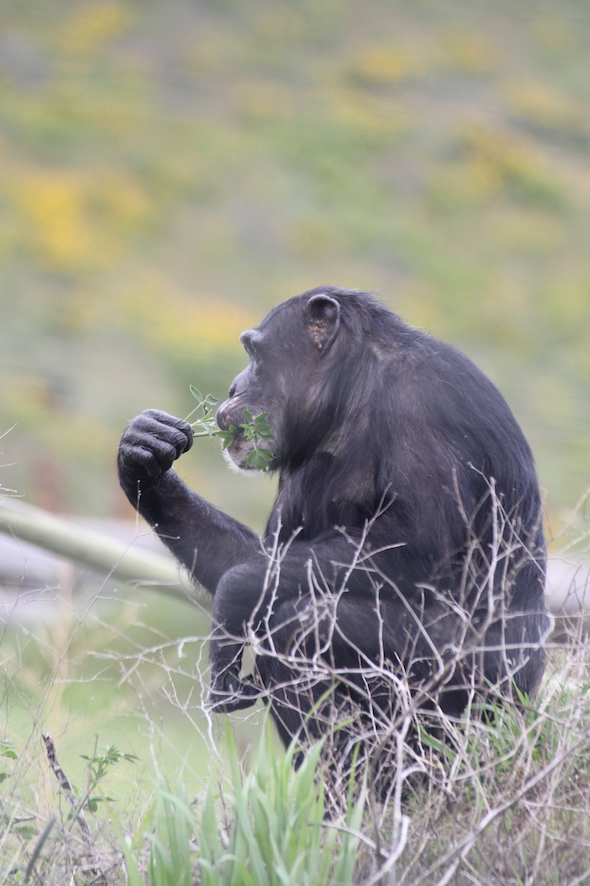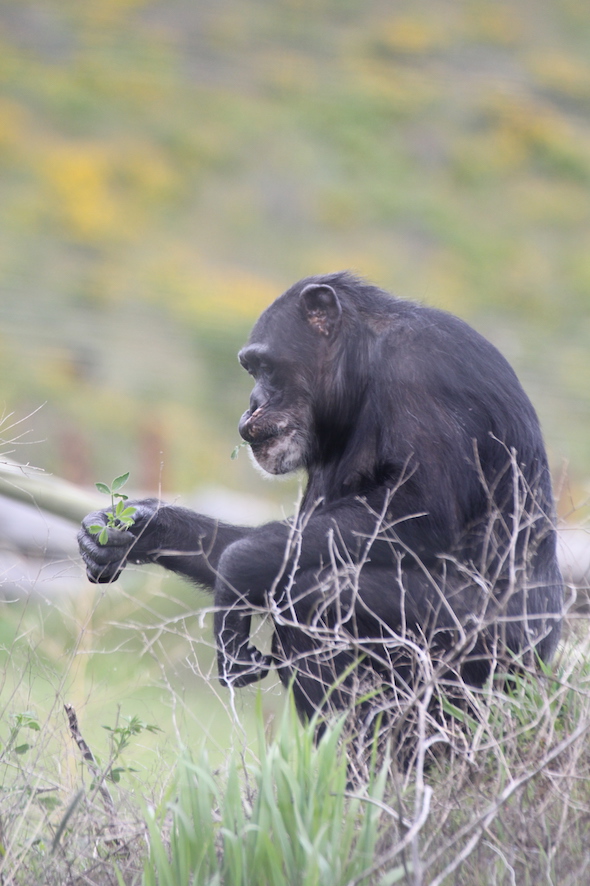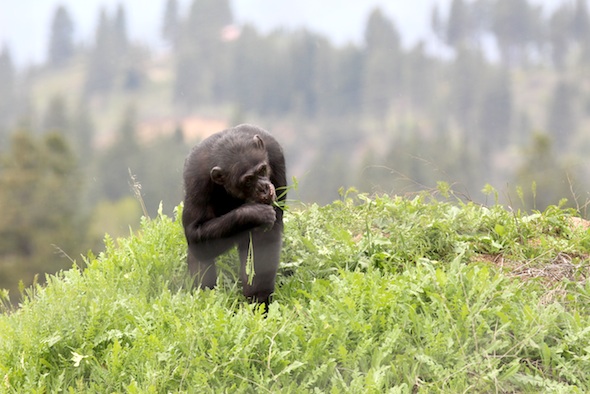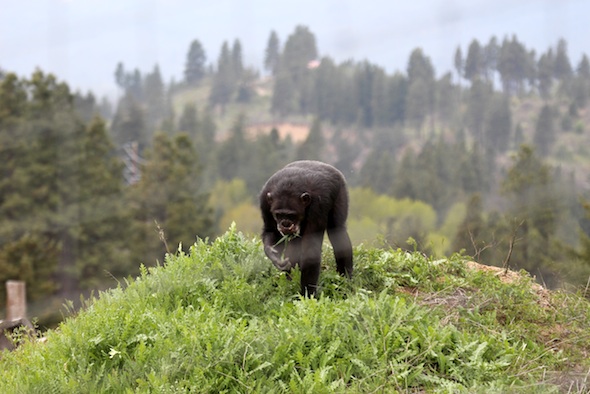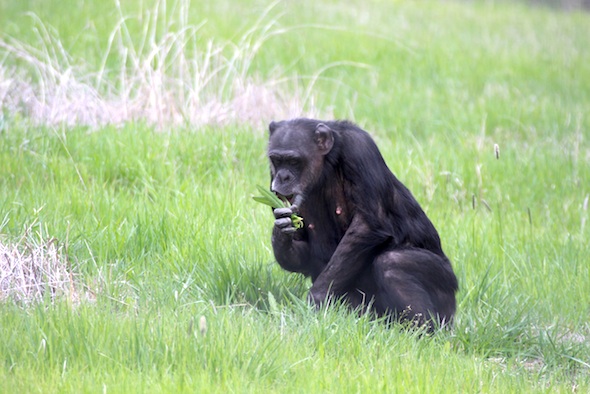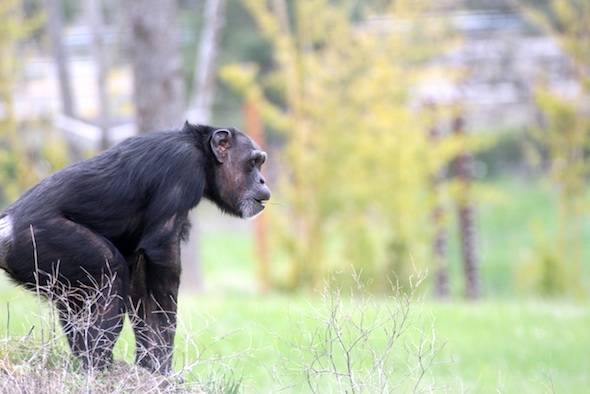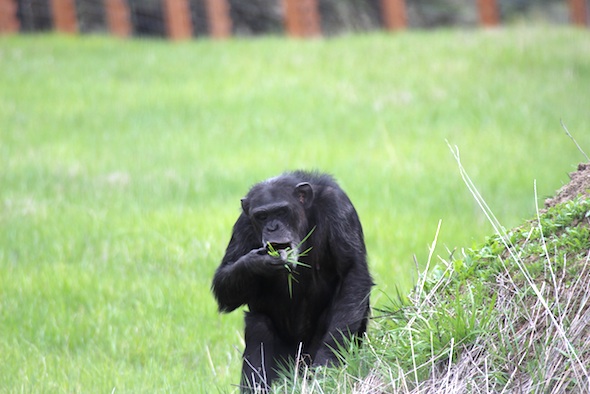April Binder sponsored today’s day of sanctuary with this message: “Congrats to all 2024 graduates of CWU primate behavior programs – BS and MS!”
Central Washington University and the primate program play a special role here at the sanctuary. Several staff members, past and present (present company included), got our start in this field at CWU. Co-Director J.B. went full circle and is now an adjunct professor, teaching Anthropology 201. And we’ve had dozens of amazing primate behavior students as interns here at the sanctuary, including this year!
So, we wholeheartedly join April in congratulating the students who are graduating today!
